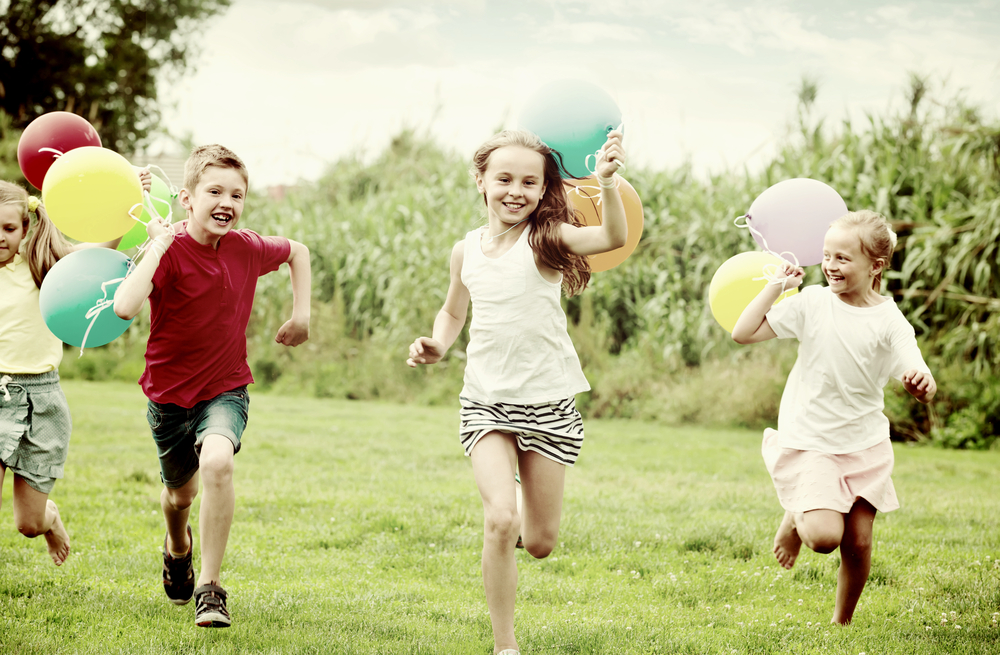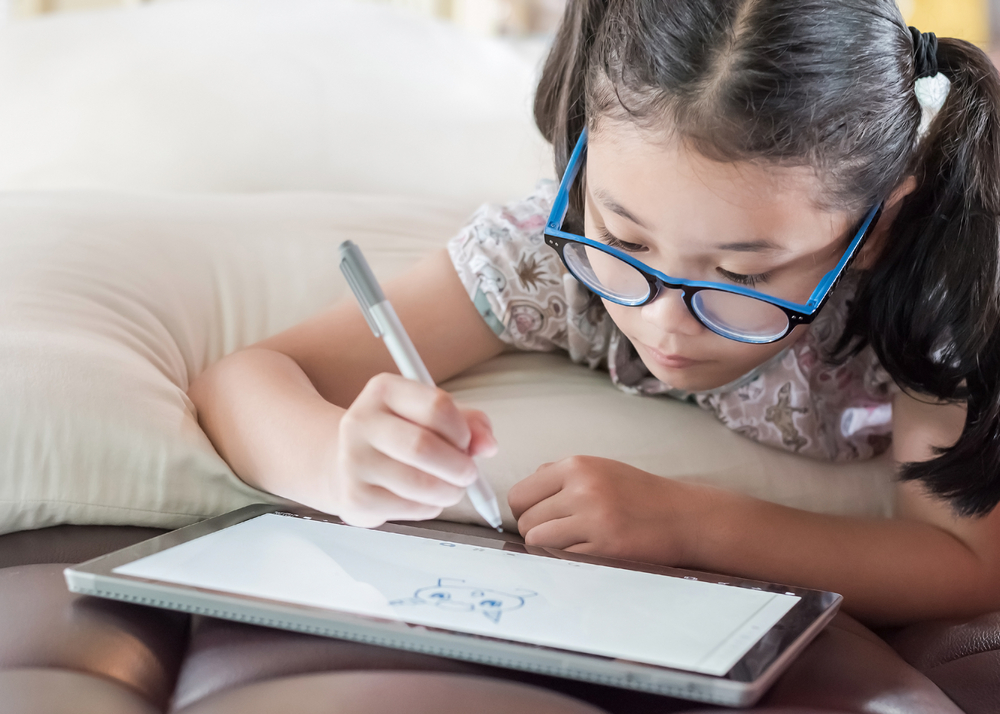Cognitive Development Normal World Around Us Worksheets for Ages 4-9
6 filtered results
-
From - To
Explore our "Cognitive Development Normal World Around Us Worksheets" designed for ages 4-9! These engaging worksheets help young learners discover and understand their environment through fun activities and exercises. The materials focus on enhancing key cognitive skills, including problem-solving, critical thinking, and pattern recognition. As children interact with relatable themes and images, they’ll develop an awareness of their surroundings while building essential knowledge for future learning. Perfect for home or classroom use, these worksheets provide a delightful way for kids to grow intellectually and creatively. Unlock the wonders of the world around us—one worksheet at a time!
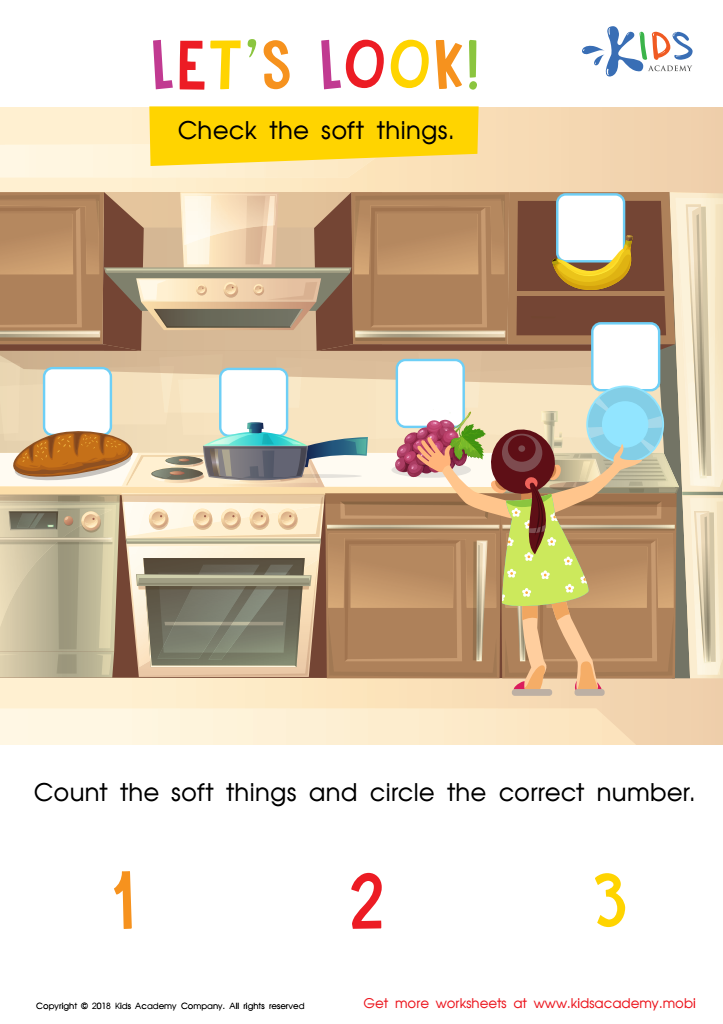

Let's Look! Assessment Worksheet


Carnivores Worksheet
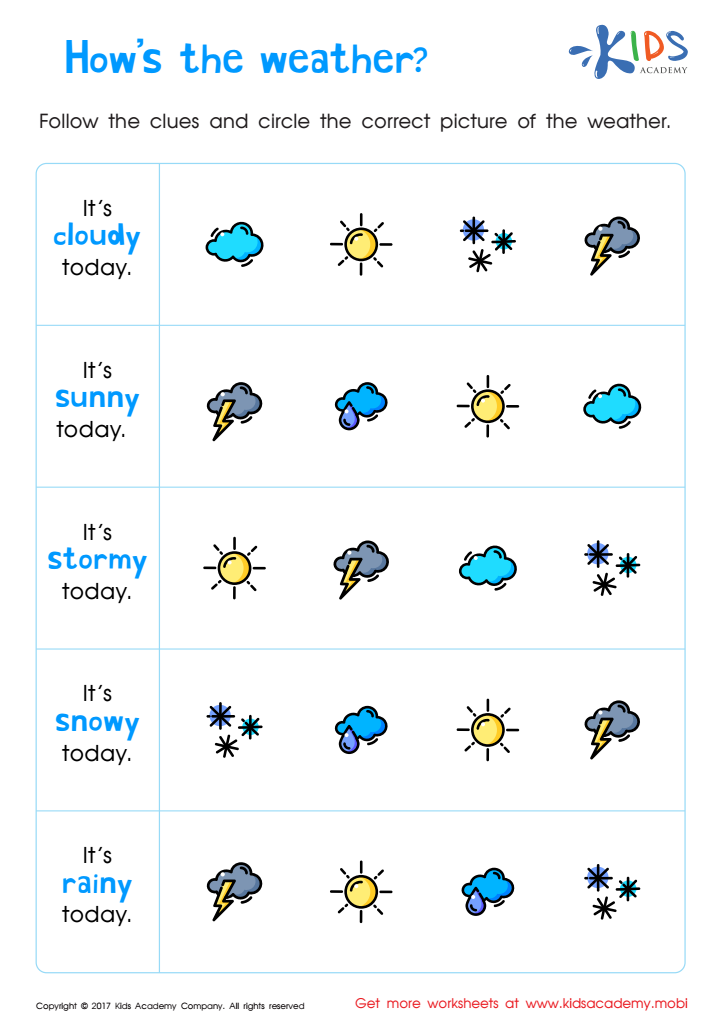

Hows the Weather Worksheet
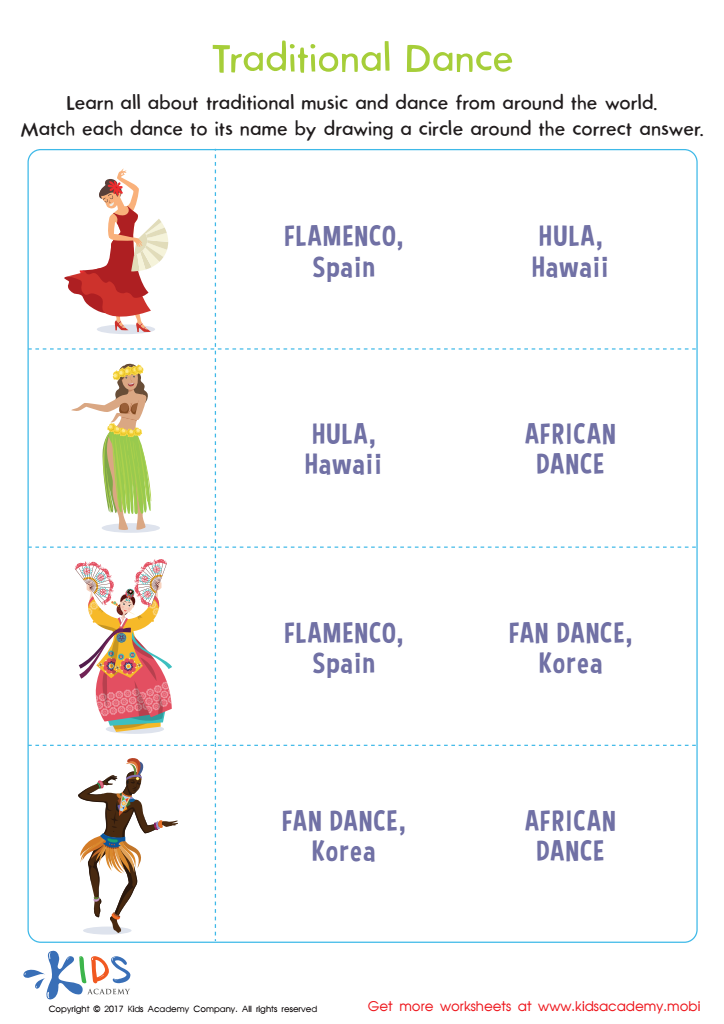

Traditional Dance Printable
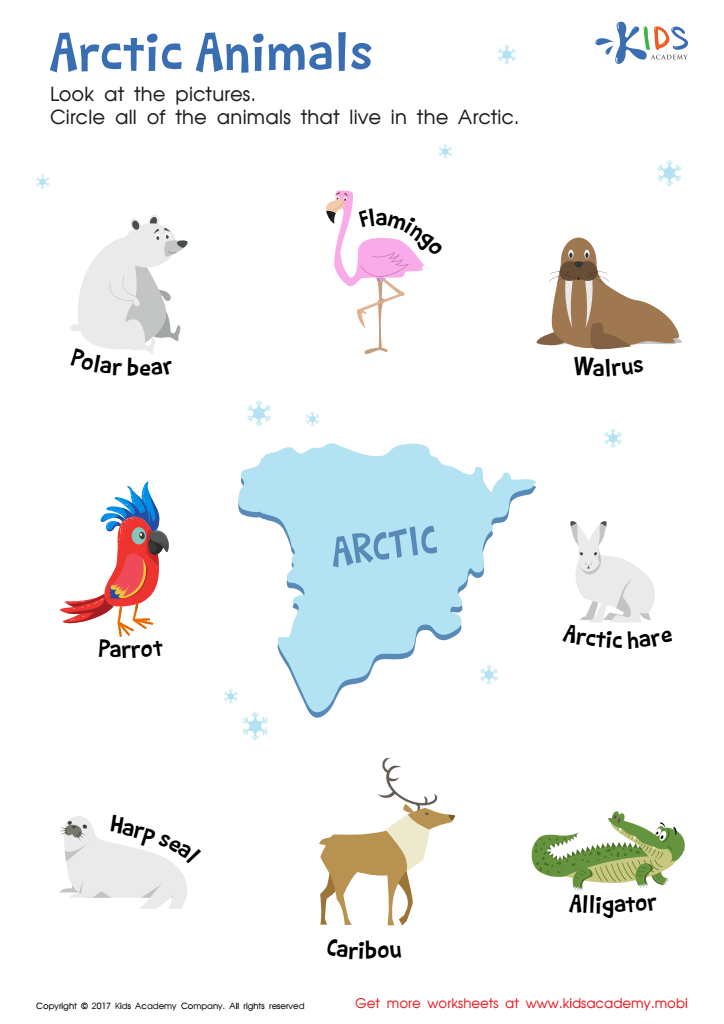

Arctic Animals Worksheet
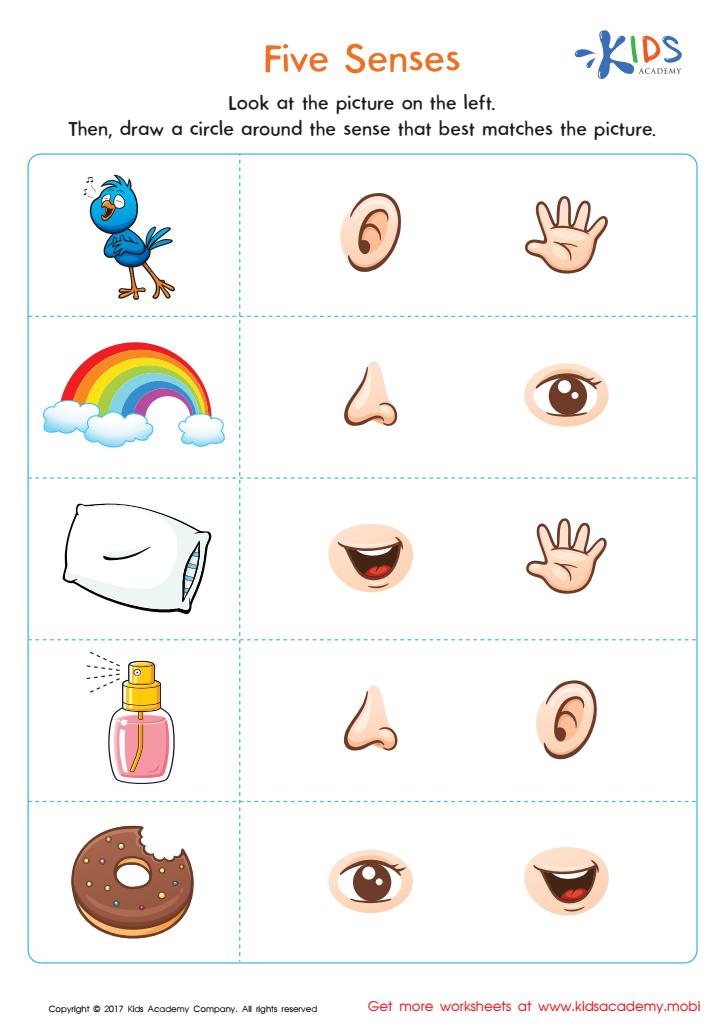

Five Senses Printable
Cognitive development in children aged 4-9 is a crucial aspect of their overall growth, influencing how they think, learn, and interact with the world. During this stage, children begin to develop critical thinking, problem-solving skills, and the ability to understand complex concepts. Parents and teachers should care about this developmental phase because it lays the foundation for future learning and social interaction.
Firstly, children are naturally curious and eager to explore. By nurturing their cognitive abilities through experiential learning and supportive environments, parents and teachers can help facilitate connections between new ideas and existing knowledge, promoting deeper understanding. Engaging educational activities, such as storytelling, board games, and interactive discussions, can significantly enhance cognitive skills while making learning enjoyable.
Moreover, understanding social dynamics becomes more pronounced during these years. Children learn to navigate relationships, which are critical for their emotional and social development. By fostering a climate where cognitive development is prioritized, adults can help children achieve better academic outcomes and improved social competencies.
In essence, focusing on cognitive development during this formative period empowers children to become confident learners and communicators, setting the stage for a lifetime of intellectual curiosity and emotional resilience.
 Assign to My Students
Assign to My Students







